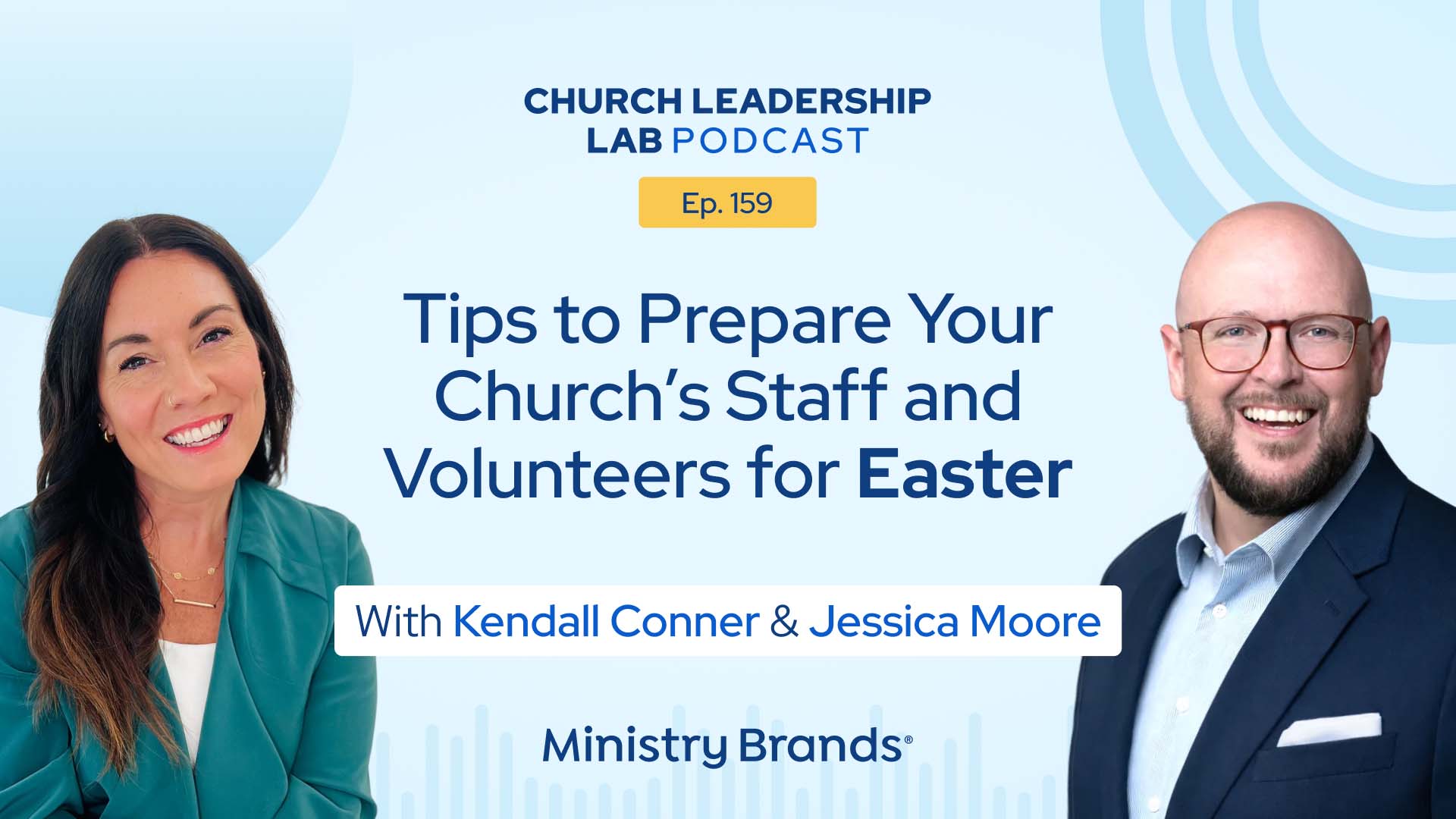Donor Engagement: Comprehensive Guide And Strategies
Donor engagement is the process of establishing and preserving deep connections with contributors in order to promote ongoing support for a church, nonprofit, or other charitable organization. It includes personalized messages, regular updates, and ways for donors to interact with the goal to keep them interested in it. Strong donor engagement leads to long-term commitment, more donations, and more interest in the community.
What Is Donor Engagement?
Donor engagement is what nonprofits and other groups do to build long-lasting relationships with donors by keeping them informed, showing appreciation, and getting them engaged. Personalizing communications, sharing impact stories, and recognizing their efforts are all parts of this. A donor who is interested in the cause is more likely to keep giving, speak out for it, and take part in charity events.
What Is Donor Engagement For?
Donor engagement is for organizations to build trust, keep donors interested, and get more money from them. It makes donors feel important and linked to the cause, which makes them more likely to keep giving. Engaging people effectively builds loyalty and improves retention rates, which is important for keeping long-term funding.
Why Is Donor Engagement Important In Online Giving?
Donor engagement is important for online giving because it builds trust, keeps relationships going, and gets people to give again and again. Maintaining engagement through online giving, such as emails, social media, and donor portals helps make giving easy and important as digital fundraising grows. Successfully engaging donors online leads to higher donor happiness and retention rates for organizations.
How Does Donor Engagement Work?
Donor engagement works by implementing techniques that keep donors informed, engaged, and motivated to contribute. Some of the ways that organizations build emotional ties are through stories, personalized outreach, and thanking donors. Nonprofits are able to build long-term donor loyalty and increase recurring support by staying in touch with donors and showing them how their gifts make a difference.
What Are The Strategies To Engage With Donors?
The strategies to engage with donors are listed below.
- Personalize Communication: Communication must be personalized by using their name, mentioning previous contributions, and adjusting content to suit their interests in order to make them feel appreciated. Personalized emails, "thank-you" notes, and posts of appreciation build ties with donors.
- Share Impact Stories and Updates: Tell donors about real-life successes and progress to show them how their donations are making a difference. Giving clear results builds trust and pushes people to keep giving.
- Provide Several Ways to Donate: Give people a number of ways to gift, such as online platforms, text-to-give, and plans for regular payments. It's easier for people to donate when there are different ways to do it.
- Give Donors Exclusive Content: Show gratitude by providing exclusive reports, behind-the-scenes videos, or early access to developments. Donors are more likely to give when they feel like they are part of something special.
- Organize Events In Person and Online: Hold fundraisers, workshops, and get-togethers to thank donors to keep them interested. These events help build community and improve ties between donors.
- Utilize Social Media for Engagement: Facebook, Instagram, and LinkedIn are all great places to connect with donors, share news, and make campaigns that people are able to take part in. Social media lets people connect with each other in real time and reach more people.
- Timely Thank-You Notes: Thank people who have donated right away with emails, calls, or letters that are full of gratitude. Thanking donors right away encourages good experiences and keeps them coming back.
- Recognition Programs and Create Loyalty: Establish donor levels or appreciation initiatives to honor recurring contributors. Giving givers badges, certificates, or VIP access makes them more likely to keep giving.
- Support Peer-To-Peer Fundraising: Give donors the tools they need to make their own fundraising campaigns so they are able to raise money for the group. Peer support gets the word out and brings in new donors.
- Request Donor Input and Act On It: Regularly poll donors to find out what they want and what they expect. Responding to comments makes donors happier and builds stronger relationships.
What Are The Different Types Of Donors?
The different types of donors are listed below.
- One-Time Donors: One-time givers are people who only give once, usually to support a single campaign or cause.
- Recurring Donors: Recurring donors are people who give money on a daily basis, like once a month or once a year.
- Major Donors: A major donor is a person or a group that gives a lot of money.
- Corporate Donors: Businesses that help nonprofits by giving money, advertising, or matching gift programs are called corporate supporters.
- Legacy Donors: People who support groups and leave money to them in their wills or other estate plans are called legacy donors.
- In-Kind Donors: In-kind donors are one of the best types of donors that people are able to choose as a way to give. In-kind donors are those who provide things or services rather than money.
- Peer-To-Peer Fundraisers: Supporters who raise money for a cause by asking their friends and family to give are called peer-to-peer fundraisers.
When To Engage With Donors?
Donor engagement must happen regularly before, during, and after donations, as well as throughout the donor lifecycle. Getting involved before a gift helps build trust, and staying in touch during the process makes sure everything goes smoothly. Engaging donors after they've given by sending thank-you messages, effect reports, and updates builds long-lasting relationships and encourages them to give again.
Does Donor Engagement Increase Recurring Donations?
Yes, donor engagement increases recurring donations by building trust, makes relationships stronger, and makes donors feel appreciated. People are more likely to keep giving to a group that communicates clearly, shows gratitude, and is open and honest. Engaging donors increases recurring donations as it makes them happier, which makes them more likely to stay with the organization.
What Are The Benefits Of Tracking Donor Engagement?
The benefits of tracking donor engagement are listed below.
- Higher Rates of Donor Retention: Tracking engagement helps groups find donors who are potentially leaving, so they are able to use targeted strategies to keep them. A steady flow of support is guaranteed by higher retention.
- Identify High-Value and Regular Donors: Engagement data helps businesses find big donors and people who are willing to give often. It makes it easy to tailor efforts to get more donations.
- Improve Fundraising Strategies: Knowing how donors act helps nonprofits make their fundraising efforts have the most effect. Better campaign results come from using tactics that work.
- Personalize the Outreach to Build Better Relationships: Nonprofits are able to use data-driven insights to send donors personalized messages that hit home. People who have stronger ties are more likely to give.
- Predict Future Giving Trends: Keeping an eye on engagement patterns helps charities guess how donors are going to act in the future and plan their fundraising efforts accordingly.
Is Tracking Donor Engagement Safe?
Yes, tracking donor engagement is safe as long as groups manage data in a safe and honest way. Compliance with data privacy laws is important for nonprofits. They must encrypt donation information to keep it safe and be open about how they use data. Secure tracking builds trust with donors and makes it easier to get them involved.
How Can Ministry Brands Assist With Donor Engagement?
Ministry Brands can assist with donor engagement by giving them digital tools for managing donors, communicating with them, and giving platforms. Their solutions help groups keep track of gifts, send thank-you messages automatically, and make outreach more personal. Ministry Brands makes sure that donors are able to easily interact with them by using safe and easy-to-use technology. Ministry Brands services help build connections with donors and encourage them to give generously over time.




